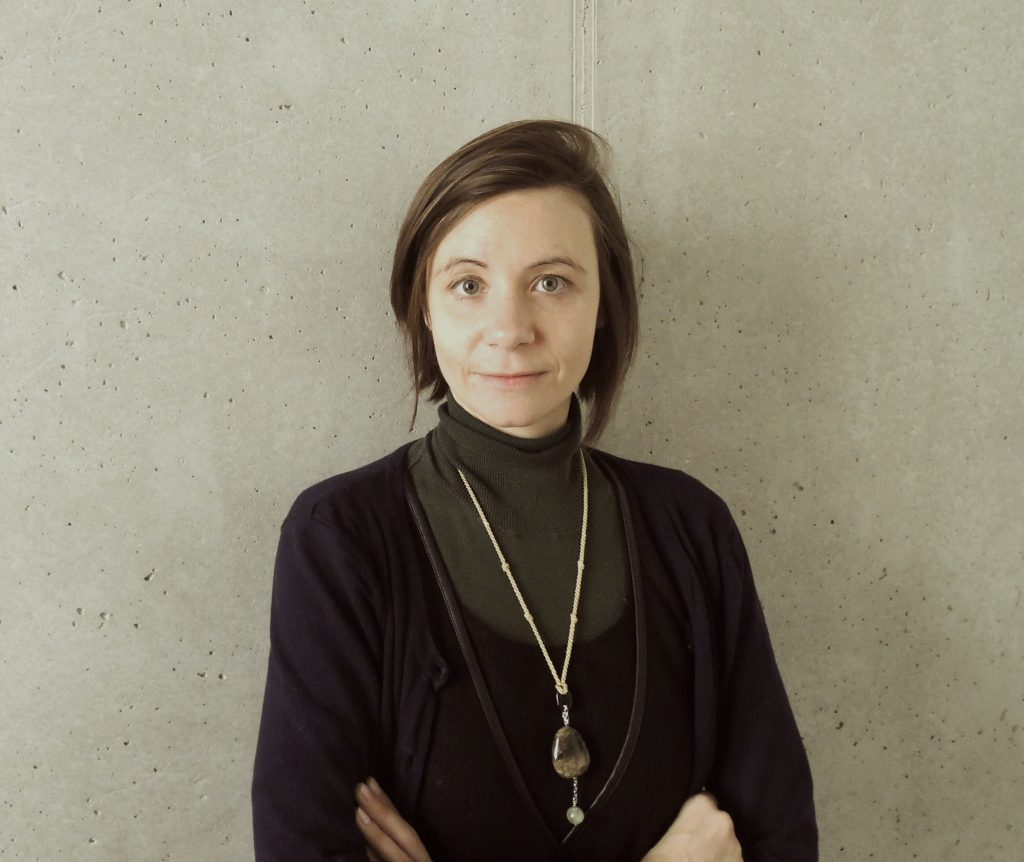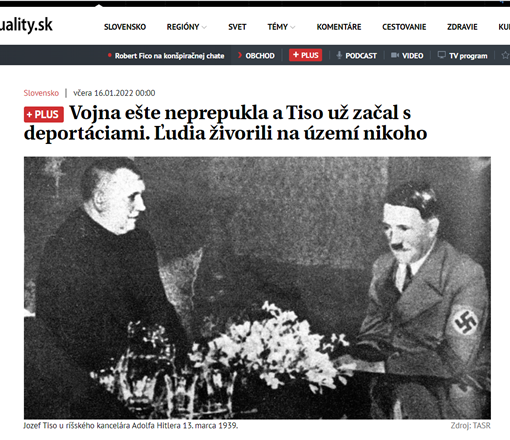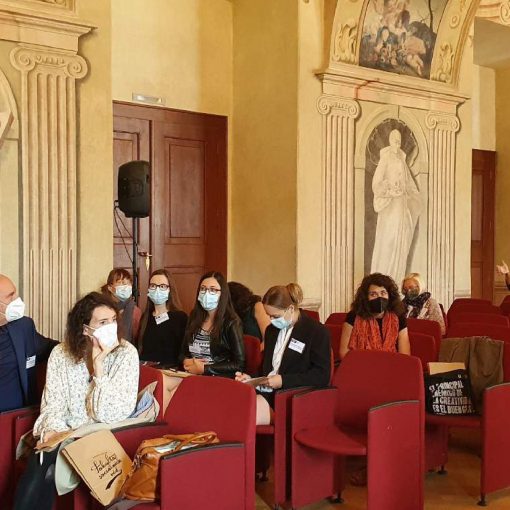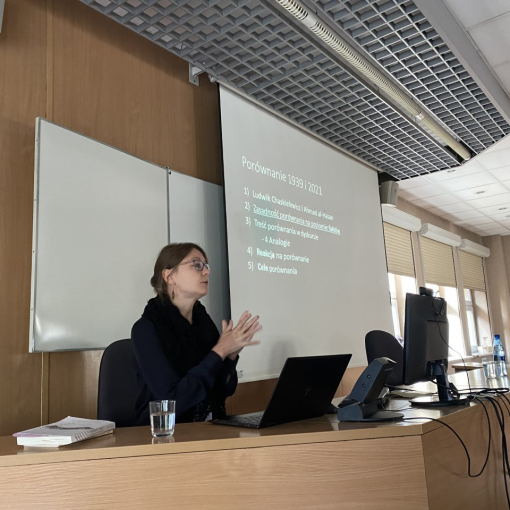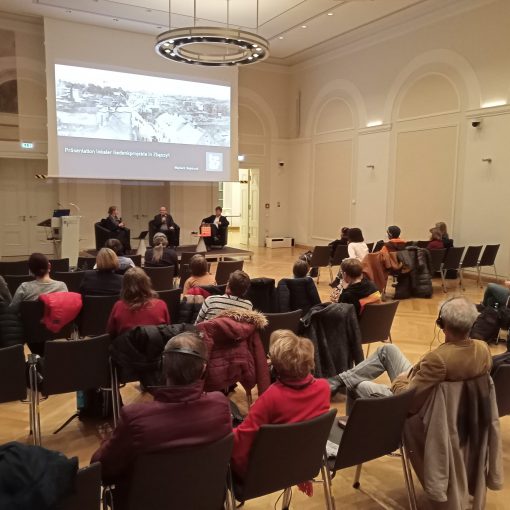The UnRef team member Francesca Rolandi published her new article titled “Shaping the nation through social work. Aid organizations for Istrian refugees in interwar Yugoslavia” in Italian in the «Qualestoria» journal, no. 2 (December 2022).
The full text can be downloaded here
Abstract:
This article looks at the network of organizations established in the Kingdom of Serbs, Croats, and Slovenes (better known as Yugoslavia from 1929) to provide aid to refugees from the Julian March. It focuses mostly on refugees from Istria, and it investigates the relationship between welfare practices and the nation-building process unfolding in the country. In fact, while welfare practices provided material support, they also served the purpose of integrating refugees into the new State framework, as fully fledged citizens and loyal supporters of the central government. Refugees became engaged in organizations and actively negotiated their relationship with the main political actors. The article focuses on three sites: Zagreb, the lead urban center that hosted Istrian emigrants, where social issues were more acute; Sušak, the main gate through which refugees entered the country; and the southern regions, where the colonization project unfolded. These sites’ position affected the welfare practices promoted by assistance organizations. Finally, the article offers some insights into the gendered and generational dimension of welfare practices that supported the Istrian refugees.
